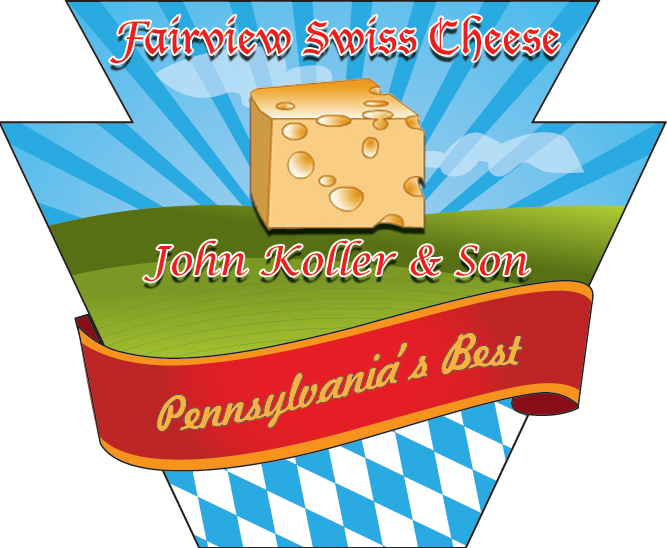A Sub Title
About Title
- Important bullet points:
- Highlighted Fact #1
- Highlighted Fact #2
- Highlighted Fact #3
A Sub Title
A Second Section
Ut vel nisl ut risus feugiat faucibus. Sed ut est eget urna feugiat dictum. Aliquam urna eros, consequat in dictum venenatis, cursus eu orci. Suspendisse eget suscipit dui, et feugiat purus.
Ut neque lectus, porttitor vel leo a, hendrerit maximus felis. Ut consectetur nunc dui, vitae tincidunt leo volutpat ac. Nulla scelerisque scelerisque dapibus. Aliquam vel dapibus massa. Fusce auctor eros vel mi accumsan, vel egestas risus porttitor. Curabitur nec aliquam felis. Nunc ut blandit magna. Cras pharetra consectetur enim in ullamcorper. Ut posuere ultricies purus, sollicitudin bibendum turpis. Aliquam erat volutpat. Curabitur aliquam, neque eget dignissim porta, diam nunc tristique tortor, a condimentum lorem nisl vitae risus. Cras ipsum dui, sagittis ac ornare tristique, venenatis id dolor. Vestibulum eleifend interdum lacus in imperdiet. Class aptent taciti sociosqu ad litora torquent per conubia nostra, per inceptos himenaeos. Curabitur mollis facilisis lacus at vestibulum. Vestibulum sed facilisis urna.
SUSTAINABILITY, GREEN ENERGY, BIOFUEL at
Fairview Swiss Cheese
Words we hear a lot these days. What do they mean to you, to the environment?
SUSTAINABILITY: the ability to create a usable product without requiring the manufacture of new products from the Earth’s natural resources. In a manner that produces more energy than it takes to produce it. Meeting the energy needs of the present without compromising the needs of the future. We can use many definitions, however we at Fairview Swiss Cheese feel a true definition is unique to each individual system or application.
GREEN ENERGY: Energy in whatever forms that is produced without requiring the input or use of raw natural resources or materials, and causes little or no pollution. We produce methane gas from a completely natural, environmentally friendly biological process.
BIOGAS: Fuel or energy produced thru the natural biological process of anaerobic digestion.
ANAEROBIC DIGESTION: is a series of processes in which microorganisms break down biodegradable material in the absence of oxygen. It is used for industrial or domestic purposes to manage waste and/or to create energy.
we are the best at
MAKING ELECTRICITY FROM MILK
Since the beginning of cheese making there was always the “cheese whey’ byproduct that needed to be dealt with. Envision starting out with the main ingredient of cheesemaking, milk. Milk is 88 % water. The cheese product is the cohesive collection of the other 12 % dairy solids. In the 1950’s with cheese production growing nationally some of the larger corporate cheese manufactures installed evaporators and dryers to produce whey powder, thus preserving the byproduct and increasing its value logistically. This whey powder is used as animal feeds, in baked goods and other food products.
For the smaller scale cheese Co’s this technology was unaffordable. Many small cheese plants returned the whey to the farms for feed to cows and hogs. Some was disposed of on fields as fertilizer. As we mentioned in our history page in 1980 Fairview cheese installed “new membrane technology” which separated out the remaining proteins from the leftover cheese whey which were pasteurized and sold for further processing. What remains after this process is called Lactose Permeate, or the unused milk sugars. For many years we disposed of this remaining byproduct on farm fields as fertilizer. However with the company’s growth it was becoming more and more difficult to find the acreage needed.
Making the decision toward
sustainability
Making the decision toward sustainability was truly not difficult. And really was not a major drawn out corporate process. (We are a small family business) It essentially started with my youngest daughters AAU Basketball coach, Tom Wilson formerly with Penn State Extension. Being somewhat familiar with our cheese production and waste disposal methods Tom came to us with the idea of a digester system that would handle all our whey byproduct and use it to create energy for use in the cheese production. Tom had done extensive work with dairy farm manure digesters and found one of the problems to be that most manure digesters can produce a lot more energy than what the farm itself needs. He was somewhat excited with our project knowing that the more energy we could produce the more energy we could use in the cheese production plant.
In our situation, we take our leftover Lactose Permeate and process it using anaerobic digestion. The digestion process forms methane gas. The gas is captured, scrubbed for the removal of corrosive sulfur compounds using natural wood chips, dried, and sent to the engine. The combustion of the gas powers the electrical generator. Through this combustion heat is produced as in any engine. Then through a series of heat exchangers, pumps and water tanks nearly all the BTU’s (British Thermal Units) are captured and stored in the water tanks. Next, by using pumps, the hot water is piped into the cheese plant with the use of heat transfer equipment. The milk, cleaning water, and cheese aging room are heated without using our fuel oil boiler.
Finally, the effluent wastewater, which has been processed anaerobically, is transferred to our final treatment facility which is a Sequencing Batch Reactor (SBR). Here, we introduce air and utilize aerobic bacteria to consume any remaining organics before it is discharged to the local waterways.
If you asked someone to name three things made from milk you would most likely get typical answers such as cheese, ice cream and yogurt. But we at Fairview Swiss Cheese, through our practices of sustainability, have added ELECTRCITY AND BTU’s (replacing FUEL OIL usage) to the list of products we produce from our incoming milk.
It has been a challenging undertaking, but we at Fairview Swiss Cheese will continue to find new ways to increase our production of Green Energy for the betterment of our environment for future generations.


